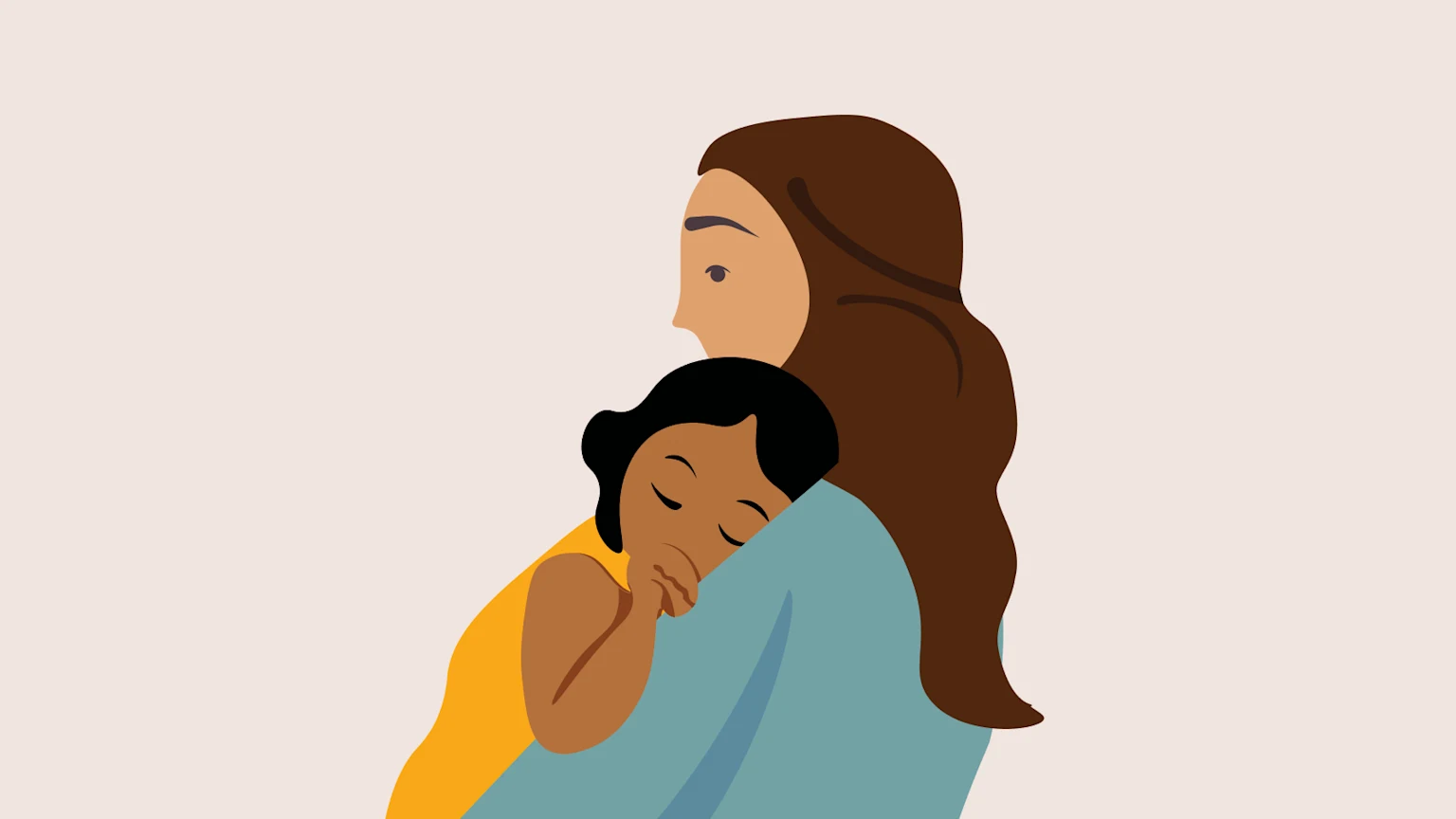San Diego pediatrics

Find a pediatrician near you
Choose the San Diego provider who's right for your family and schedule your first appointment.
Where can I get same-day care for my child?
1
Book with a pediatrician (in-person)
Always check with your child’s pediatrician to see if they have a same-day appointment available.
3
Same-day pediatrics care (in-person)
For Sharp Rees-Stealy Medical Group patients only: We offer pediatric care daily until 8 pm with one of our providers. To make an appointment, call 858-499-2701.
Children are seen by appointment only at:
Sharp Community Medical Group patients: Contact your primary care doctor or pediatrician to schedule in-person care or a virtual visit.
4
Urgent care (walk-in)
Sharp Rees-Stealy Medical Group patients: Pediatric and adolescent patients may be seen on a walk-in basis at any Sharp Rees-Stealy urgent care center for acute illness and injuries. Urgent care centers are open daily.
Sharp Community Medical Group patients: We offer more than 20 urgent care locations with extended hours.
If your child is experiencing a medical emergency, don’t delay care. Call 911 or go to the nearest emergency room.
Pediatric care and resources
At Sharp, you can rest easy knowing your child is receiving the very best care, at every age and stage. The following resources are available to help you along the way.
Specialized pediatric services
We offer a range of pediatric programs and services to help your child get the care they need, including:
Immunization and wellness exam schedule
It is important that all children, especially infants and young children, receive recommended immunizations on time.




